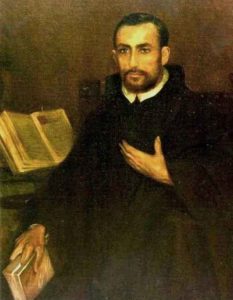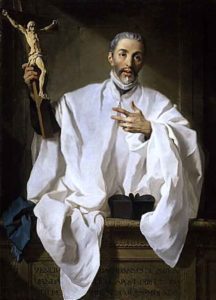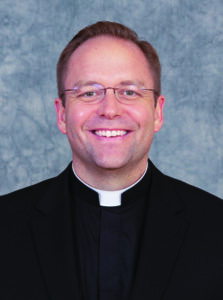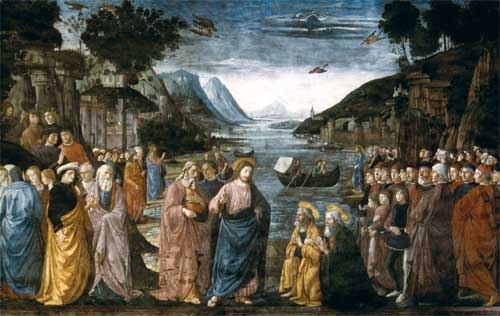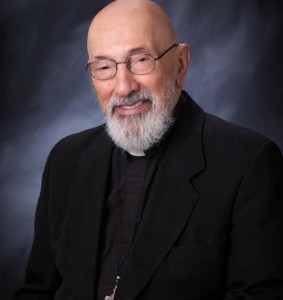Podcast: Play in new window | Download (Duration: 36:58 — 25.4MB) | Embed
Subscribe: Apple Podcasts | Spotify | Amazon Music | Android | Pandora | iHeartRadio | JioSaavn | Podchaser | Gaana | Podcast Index | Email | TuneIn | Deezer | Anghami | RSS | More

Letter 111 – The Letters of St. Elizabeth of the Trinity – Beginning to Pray with Dr. Anthony Lilles
Dr. Anthony Lilles and Kris McGregor take a look into the spiritual life and letters of St. Elizabeth of the Trinity. Through her letters, they aim to explore her life, spiritual mission, and doctrinal insights through selected letters she wrote while in the Carmelite convent.
The discussion begins with Letter 111, written to a family friend. Elizabeth expresses her profound joy in experiencing Lent, Holy Week, and Easter in Carmel, revealing her deep sense of fulfillment and spiritual intimacy with God. This letter highlights her connection with God, her commitment to her vocation, and her belief in the spiritual benefits her life in Carmel brings to her family and others.
Dr. Lilles discusses St. Elizabeth’s unique ability to connect deeply with others through her letters, showcasing her genuine affection and spiritual insight. They also discuss the challenges she faced, such as her mother’s initial resistance to her entering Carmel and the tension it caused. Despite these challenges, she remained convinced that her vocation was a blessing for her family.
Reflecting on the broader themes of sacrifice, obedience, and the joy found in following God’s will, despite external misunderstandings and disappointments; St. Elizabeth’s letters serve as a testament to the transformative power of a life devoted to prayer and union with God.

Letter 111
[April 7, 1902]1
Dijon Carmel, April 7
“J. M. + J. T.
Dear Monsieur le Chanoine,
If you only knew how good it is to spend Lent, Holy Week, and Easter in Carmel—it is something unique! With what joy I sang Alleluia, wrapped in the white mantle, clothed in the dear habit that I have so longed to wear. It was quite wonderful, I assure you, to spend Holy Thursday close to Him, and I would have spent the night as well, but the Master wanted me to rest. But that does not matter, does it? We find Him in our sleep just as we do in prayer, since He is in everything, everywhere, and always! At 2 o’clock I went down to choir; you can guess what a glorious time I had, and also what I said on your behalf! More and more I love the dear grilles that make me His prisoner of love. It is so good to think that we are prisoners, in chains for each other; more than that, that we are but one victim, offered to the Father for souls, so that they may be wholly consummated in Unity.
When you think of your little Carmelite, thank Him who has given her so beautiful a part. Sometimes I think that it is an anticipated Heaven: the horizon is so beautiful, it is He! Oh! what will it be like above since here below He already makes our union so intimate? You know my homesickness for Heaven, it does not diminish, for I already live in that Heaven, since I carry it within me; in Carmel it seems that we are already so near. Won’t you come to see me some day and continue through the grille the fine conversations you used to have with your little Elizabeth? Do you remember the first time I confided my secret to you in the cloister of Saint-Hilaire? I spent some happy moments with you and I am asking God to reward you for the good you have done me. I still remember my joy when I was able to have a little conference with you and entrust my great secret to you. I was only a child, but you never doubted the divine call!
I have not seen my dear Mama yet; I am expecting her at the first opportunity. My little Guite came last week. It had been nearly two months since we had seen each other, so you can guess what a meeting it was! I am overjoyed to see all the good God is doing in the souls of my darlings. He has taken me in order to give Himself more, and I can see I am doing them much more good in my dear Carmel than when I was near them; oh, how good God is! I am leaving you to go to prayer where we have the Blessed Sacrament exposed every Sunday. I only have time to ask your blessing; I know it is a fatherly one for your little Carmelite.
M. Elizabeth of the Trinity
Thank you very much for your pretty holy card. Please give my greetings to my dear Marie-Louise. Tell her she has certainly not been forgotten!”
Catez, Elizabeth of the Trinity. The Complete Works of Elizabeth of the Trinity volume 2: Letters from Carmel (pp. 42-43). ICS Publications. Kindle Edition.
Discerning Hearts Reflection Questions
- Joy in Sacrifice: How can I find joy in the sacrifices I make for God and others?
- Obedience to God’s Will: Am I willing to follow God’s will even when it causes misunderstandings or disappointment among those I love?
- Intimacy with God: How can I deepen my sense of intimacy and union with God in my daily life?
- Spiritual Mission: What unique spiritual mission do I feel called to pursue in my own life?
- Connection with Others: How can I genuinely connect and show love to others, as St. Elizabeth did through her letters?
- Perseverance in Faith: How can I persevere in my faith journey despite external challenges and pressures?
- Impact of Prayer: Do I believe that my life of prayer can have a profound impact on the lives of those around me?
- Responding to God’s Call: What fears or reservations do I need to overcome to fully respond to God’s call in my life?
- Understanding Sacrifice: How can I help others understand and respect the sacrifices I make for my faith?
- Finding Joy in Obedience: In what ways can I find joy in being obedient to God’s direction for my life?
We would like to thank Miriam Gutierrez for providing “the voice” of St. Elizabeth for this series
For other episodes in the series visit the Discerning Hearts page for Dr. Anthony Lilles
Anthony Lilles, S.T.D., has served the Church and assisted in the formation of clergy and seminarians since 1994. Before coming to St. Patrick’s, he served at seminaries and houses of formation in the Archdiocese of Denver and the Archdiocese of Los Angeles. The son of a California farmer, married with young adult children, holds a B.A. in theology from the Franciscan University of Steubenville with both the ecclesiastical licentiate and doctorate in spiritual theology from the Pontifical University of Saint Thomas Aquinas in Rome (the Angelicum). An expert in the writings of St. Elizabeth of the Trinity and the Carmelite Doctors of the Church, he co-founded the Avila Institute for Spiritual Formation and the High Calling Program for priestly vocations. He also founded the John Paul II Center for Contemplative Culture, which hosts symposiums, retreats, and conferences. In addition to his publications, he blogs at www.beginningtopray.com .




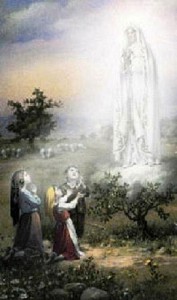
 Second Mode of Discernment – “What am I to do?” The Discernment of God’s Will in Everyday Decisions with Fr. Timothy Gallagher
Second Mode of Discernment – “What am I to do?” The Discernment of God’s Will in Everyday Decisions with Fr. Timothy Gallagher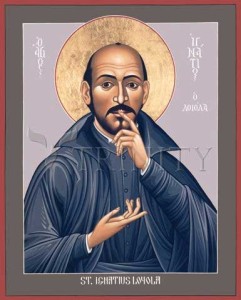 Discerning Hearts Reflection Questions:
Discerning Hearts Reflection Questions:

